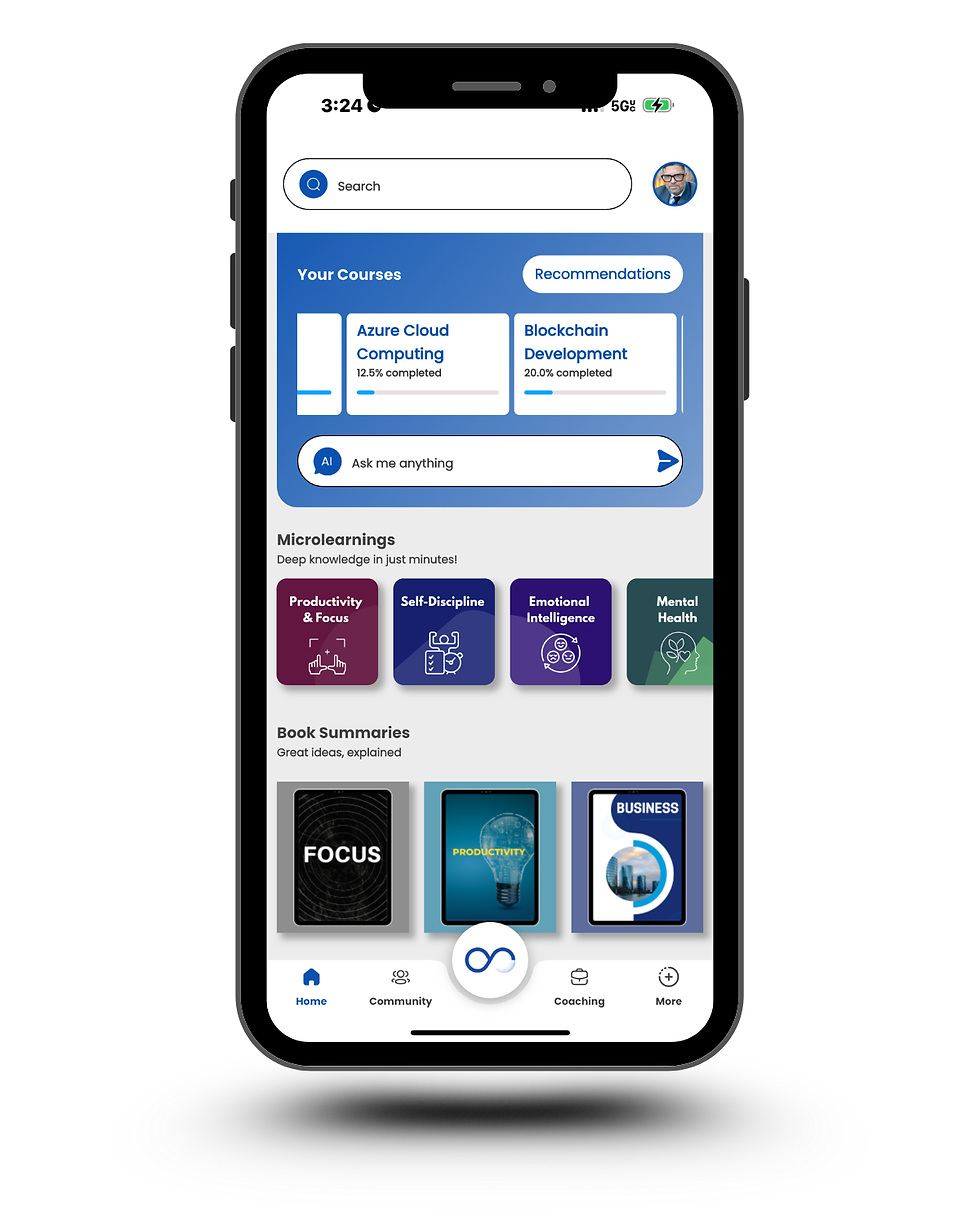Retail Industry: Challenges, Opportunities, and Strategies for Training Employees
- Reggie Padin
- Apr 1, 2025
- 3 min read
Introduction
The retail industry is one of the largest and most dynamic sectors globally, employing millions across a wide spectrum of roles—from frontline associates and cashiers to logistics managers and data analysts. However, it is also among the most disrupted sectors, driven by rapid technological evolution, shifting consumer expectations, and labor market volatility. As the industry transforms, effective employee training becomes a strategic imperative rather than a cost center.
I. Current Challenges Facing the Retail Industry
1. Labor Shortages and High Turnover
• According to the U.S. Bureau of Labor Statistics, retail consistently has one of the highest turnover rates, hovering around 60% annually.
• Seasonal demand, low wages, limited benefits, and minimal career growth contribute to the transient nature of retail employment.
2. Evolving Consumer Expectations
• Today’s customers expect personalized, seamless, and omnichannel experiences.
• Employees are often ill-equipped to meet these expectations, especially if they lack training in technology, customer service, or product knowledge.
3. Digital Disruption and E-commerce Growth
• Brick-and-mortar stores face fierce competition from e-commerce giants like Amazon, Shopify retailers, and direct-to-consumer brands.
• In-store associates now require blended skills, including digital literacy and understanding of fulfillment processes such as BOPIS (Buy Online, Pick Up In-Store).
4. Shrinkage and Security Risks
• Retail shrinkage (loss of inventory due to theft, fraud, or errors) remains a costly issue, totaling over $112 billion globally in 2022.
• Employees often lack proper loss prevention and conflict resolution training.
5. Mental Health and Burnout
• The pandemic highlighted mental health challenges among retail workers, many of whom operate under high pressure, low autonomy, and limited support systems.
II. Opportunities for Innovation and Growth
1. Reskilling for Omnichannel Roles
• With the fusion of online and offline shopping, employees can be reskilled into new roles: digital concierges, live stream hosts, fulfillment specialists, or customer journey consultants.
2. Technology-Enhanced Training
• Mobile learning, AR/VR simulations, and gamified modules can upskill workers faster and more engagingly.
• Microlearning and just-in-time training are especially effective for part-time and shift-based workers.
3. Employee Empowerment as a Competitive Advantage
• Companies like Costco and Trader Joe’s have demonstrated that investing in wages, benefits, and training leads to more loyal and productive employees, better service, and lower turnover.
4. Personalized Learning Journeys
• AI-powered platforms (like Learnfinity Pro) can assess knowledge gaps and tailor content to individual learners, increasing retention and engagement.
III. What Can Be Done: Training Solutions for a Future-Ready Retail Workforce
1. Create Tiered Learning Pathways
• Foundational Training: Customer service, POS systems, safety protocols.
• Advanced Training: Conflict resolution, merchandising, data literacy.
• Leadership Tracks: Coaching, store operations, workforce management.
Example: Walmart’s “Academy” program offers immersive training for associates moving into supervisory roles.
2. Adopt the MESH Model of Learning (Modular, Experiential, Social, Holistic)
• Modular: Bite-sized lessons that employees can complete on the go.
• Experiential: Use AR/VR to simulate customer interactions, shelf-stocking, or handling difficult returns.
• Social: Peer-to-peer coaching, group challenges, and leaderboards.
• Holistic: Include wellness, financial literacy, and soft skill development.
3. Integrate Training into Daily Workflows
• Use mobile apps to deliver 5-minute daily tips, quizzes, or scenario-based training during downtimes.
• Equip managers with tools to deliver and track informal coaching moments.
4. Offer Certifications and Badges
• Recognize skill mastery with digital credentials (possibly as NFTs), which can motivate employees and offer visible career progression.
5. Develop Emotional Intelligence and Cultural Sensitivity
• As frontliners, retail employees must navigate diverse clientele.
• Soft skills like empathy, active listening, and inclusive behavior are essential for modern customer service.
Conclusion
The retail industry stands at a pivotal moment where operational efficiency and customer satisfaction are closely tied to the capability and confidence of its workforce. Retailers who modernize their training strategies—leveraging mobile learning, AI, microlearning, and immersive technologies—will not only reduce turnover and boost engagement but also gain a competitive edge in a crowded marketplace.
The future of retail belongs to brands that treat their employees not just as labor, but as learners, ambassadors, and partners in delivering exceptional experiences.
“Train people well enough so they can leave, treat them well enough so they don’t want to.”
— Richard Branson





Comments